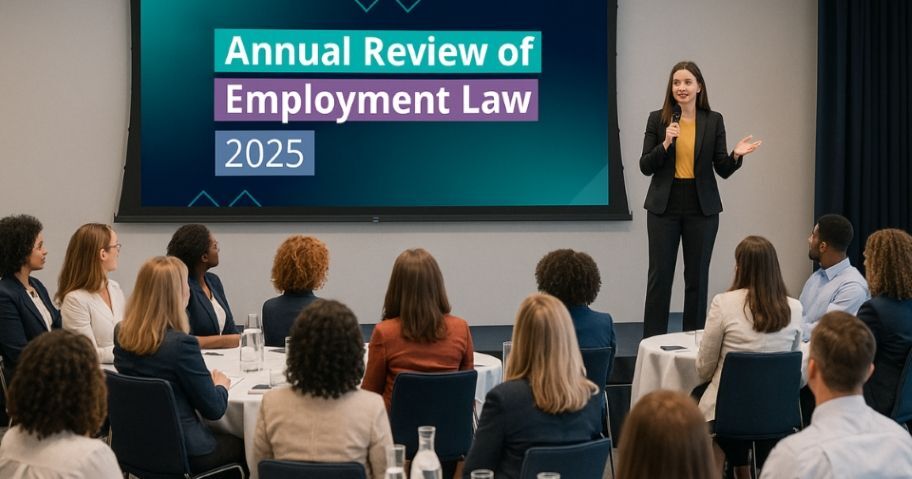Jason Elliott was called to the Bar of Northern Ireland in 2013 and is the Associate Head of School of Law at Ulster University. As a practising barrister, he has developed a largely civil practice representing individuals, companies and public bodies in litigation. This covers a wide range of areas including personal injuries, wills and employment law. In terms of employment law, he has represented both applicants and respondents in the Industrial Tribunal. At Ulster University, Jason lectures extensively on the civil areas of practise such as Equity and Trusts and delivers employment law lectures for both undergraduate and postgraduate students.
Claim relating to detriment due to being part-time police officers was rejected as the PSNI had made changes due to budgetary and operational reasons rather than due to the claimants’ protected act.
The claimants are lead cases out of 213 claimants who are all part-time reserve of the PSNI. The claimants allege they were subject to victimisation under the Sex Discrimination (NI) Order 1976 and detriment under the 1996 Order and the Part-Time Workers (Prevention of Less Favourable Treatment) Regulations (NI) 2000.
The claimants state the claims arose from the ‘Harris memo’ and the victimisation due to the proceedings brought in Marks & Others v PSNI relating to equal pay, unlawful deduction and less favourable treatment on the basis of part-time status. The Harris Memo outlined the duties of a ‘Police Officer Part-Time (POPT)’ – this outlined three elements relating to ‘surge activity’, parades and public events and supporting the policing of the nighttime economy. This led to a restriction of the duties undertaken by POPTs.
The claimants allege that the memo was because DCC Harris had developed an enmity to POPTs due to the Marks litigation. The basis of the reform was due to various issues including budgeting. POPTs were required under the Regulations to perform 144 hours per year yet over 20% of them were performing zero hours or less than the required 144 hours. It had arisen out of the fact that POPTs took on the work at their convenience rather than being required by the respondent which also led to many doing in excess of 300 hours per year. Separately, a cap of 144 hours was placed on each POPT. The reasoning provided by the respondent was to achieve an efficient use of resources and budgetary constraints. It was acknowledged that the reduction in available hours and annual income could be viewed as a detriment. It was for the Tribunal to determine whether it was unlawful.
The first issue was whether the Tribunal could hear the claim or whether the claimants were barred due to their settlements in the Marks litigation. The Tribunal stated they could continue as the settlement did not restrict the claimants in relation to future claims. On time limits, the Tribunal found that the Harris Memo was a single act with continuing consequences and in line with Court of Appeal judgments that would start the time running. Therefore, the claims should have been brought by June 2015. This meant the claim was out of time, but the Tribunal considered the claims in any event.
The Tribunal found that the protected Act had been done with the initial litigation, but the claimants would have to show that they were receiving less favourable treatment than their comparators. This was not shown, and the burden of proof was not engaged. The Tribunal did find that there was a detriment due to the reduction in hours and therefore income, but it was for the respondent to show the grounds on which those actions were taken. The respondent outlined the budgetary restraints, greater access to resource by limiting the hours and changes with policy such as ‘Service First’. Accordingly, it was found that the actions were not taken due to the protected act. The claims were dismissed.
The Tribunal is to be commended for not stopping at the time limits point but explaining the substantive decision had it been found to be in time. This gives a useful examination of how detriment relating to protected acts works. It was found that there was a detriment, but the respondent can have a defence by demonstrating that the reason for the action was not due to the protected act – in this case it was the budgetary constraints, ensuring resource and the objectives of the organisation at the time. For this reason, the claim was dismissed.
NI Tribunal decisions are available on the OITFET website.
Continue reading
We help hundreds of people like you understand how the latest changes in employment law impact your business.
Please log in to view the full article.
What you'll get:
- Help understand the ramifications of each important case from NI, GB and Europe
- Ensure your organisation's policies and procedures are fully compliant with NI law
- 24/7 access to all the content in the Legal Island Vault for research case law and HR issues
- Receive free preliminary advice on workplace issues from the employment team
Already a subscriber? Log in now or start a free trial





